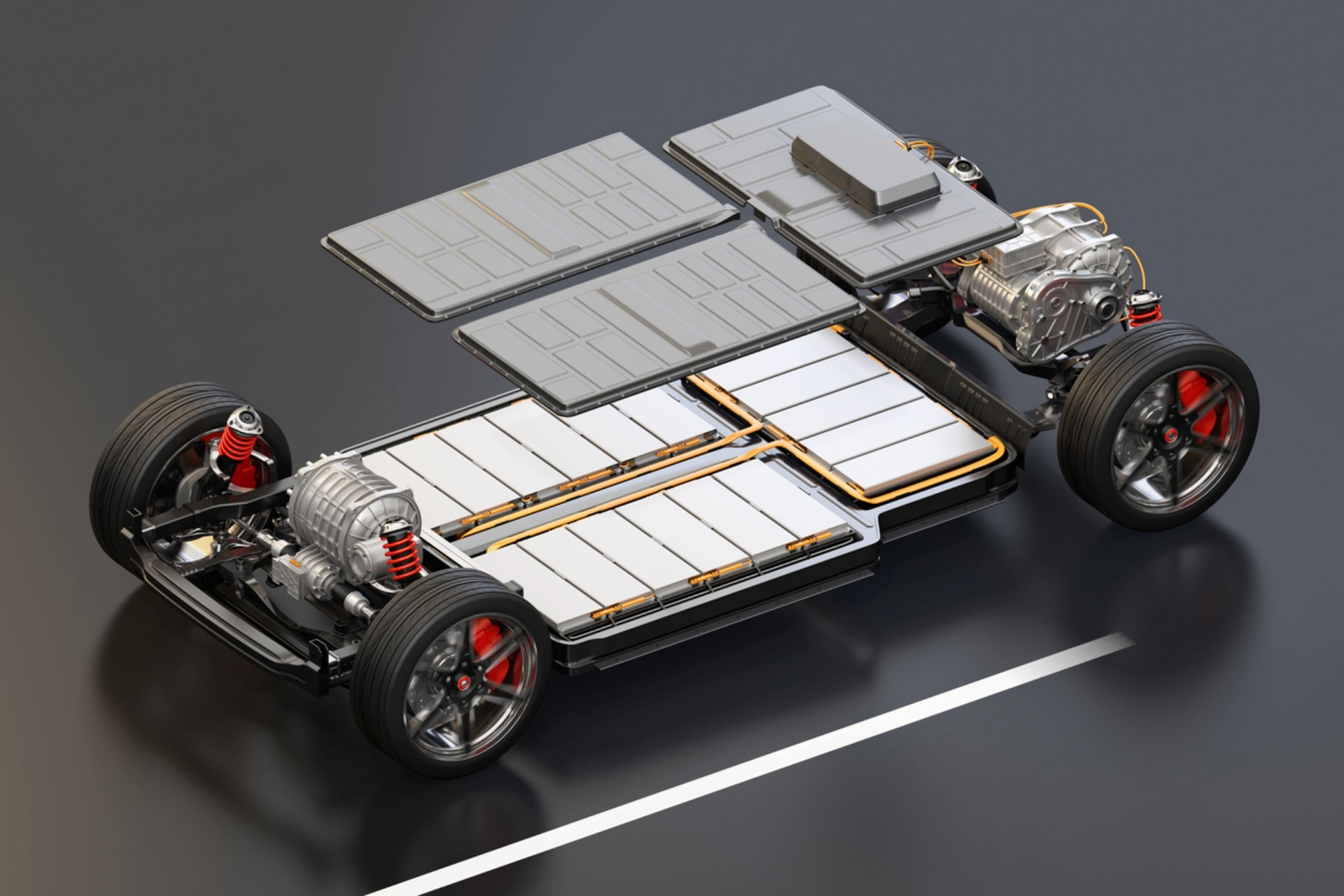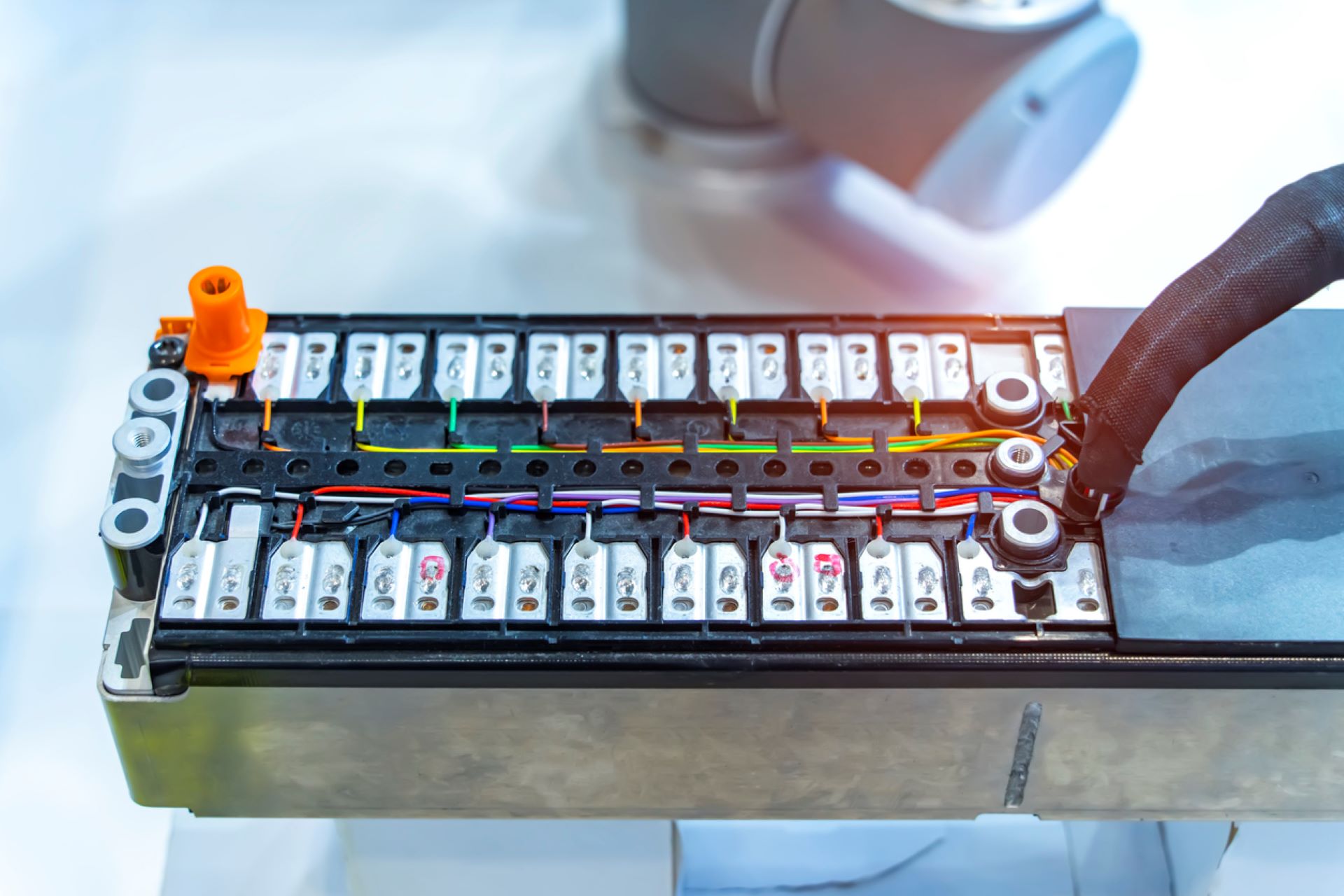From stealth sabotage by their opponents to a simple lack of knowledge about how they work, EVs have battled a headwind of disinformation over the past few years.
And despite record sales, many of the myths have persevered. This week, we're tackling four of the biggest misunderstandings and misconceptions — and how the reality could help you save money.
Myth No. 1: EVs won't take you far enough

The claim: This has been No. 1 in the anti-EV playbook since EVs came out, and it's why the first question many people still ask when considering an EV is, "What's the range?"
The truth: The average driver in the U.S. drives around 39.7 miles a day. And with many EV models now averaging between 250 and 500 miles on a full charge, being unable to reach your usual destination is not high on the list of things to worry about.
But — and this is why it's not a fully charged myth — Americans do love their road trips. The last thing people want to worry about on that long Thanksgiving ride home with tired kids is where to charge.
As EV ranges continue to increase, this will become less of a worry until, eventually, it's not a concern at all. The end of this decade may well see the top end of the range for some EVs nudging 800 miles, and researchers claim to have a 1,000-mile battery working in test conditions.
In the meantime, there are solutions to consider, like range-extenders, where a small onboard generator can help top up your battery on the go.
Myth No. 2: EVs charge with dirty energy, so they're actually not sustainable

The claim: More EVs mean more power demand from the grid, and because clean energy only generates around 20% of our electricity, most of this demand has to be met from dirty energy sources like coal and gas.
The truth: While part of that claim is true, according to the EPA, "Even accounting for these electricity emissions, research shows that an EV is typically responsible for lower levels of greenhouse gases (GHGs) than an average new gasoline car." This is due to a variety of reasons, including the fact that EVs don't produce pollution via a tailpipe like gas-powered cars do.
And the second part of the answer is simple. We need to up our clean energy usage, regardless of EV demand. Those plans are already underway, with the White House estimating that America's solar and wind energy capabilities will have doubled over this decade.
Myth No. 3: EV batteries don't last as long as the car does

The claim: If you'd said this in 2010, you'd have been on to something. And if you ask again in 10 years, it probably won't even be a conversation.
The truth: According to Autocar, most EV batteries will now last the lifetime of the car, and batteries are unlikely to be the reason a car stops running.
These days, your EV battery should still be providing most of its original capacity after 200,000 miles. For example, a study of Tesla battery ranges found that most cars didn't degrade by more than 10% after 150,000 miles or more.
Data from the U.K. shows that EVs' longevity is on par with or better than most gas-powered cars. Plus, the future of "million-mile batteries" is almost here, with one company unveiling a 932,000-mile battery for its commercial vehicles. That will scale down to cars at some point. Tesla, too, has promised a million-mile battery (although it's unclear when that's coming).
Myth No. 4: Old EV batteries can't be recycled

The claim: When an EV battery dies, it goes into a landfill, along with all of the chemicals and metals it contains.
The truth: There's nothing inherent in EV battery tech that makes recycling them impossible. But it's true that it's usually been seen as a secondary industry with less demand than sustainable-minded drivers would want.
The reality is that these batteries contain rare, sought-after minerals like cobalt, lithium, manganese, nickel, and more, leaving a high financial incentive to recycle them.
Additionally, new legislation requires that by 2027, 80% of the critical minerals used in batteries from American EVs need to be mined, processed, or recycled in the U.S. (or countries with a free trade agreement), so there are huge incentives to develop this industry.
And some companies are already doing their part. As far back as 2021, Tesla said it was recovering 92% of its battery cell materials.
Watch now: Head & Shoulders director explains why the company created a new version of its iconic shampoo
Join our free newsletter for weekly updates on the latest innovations improving our lives and shaping our future, and don't miss this cool list of easy ways to help yourself while helping the planet.









